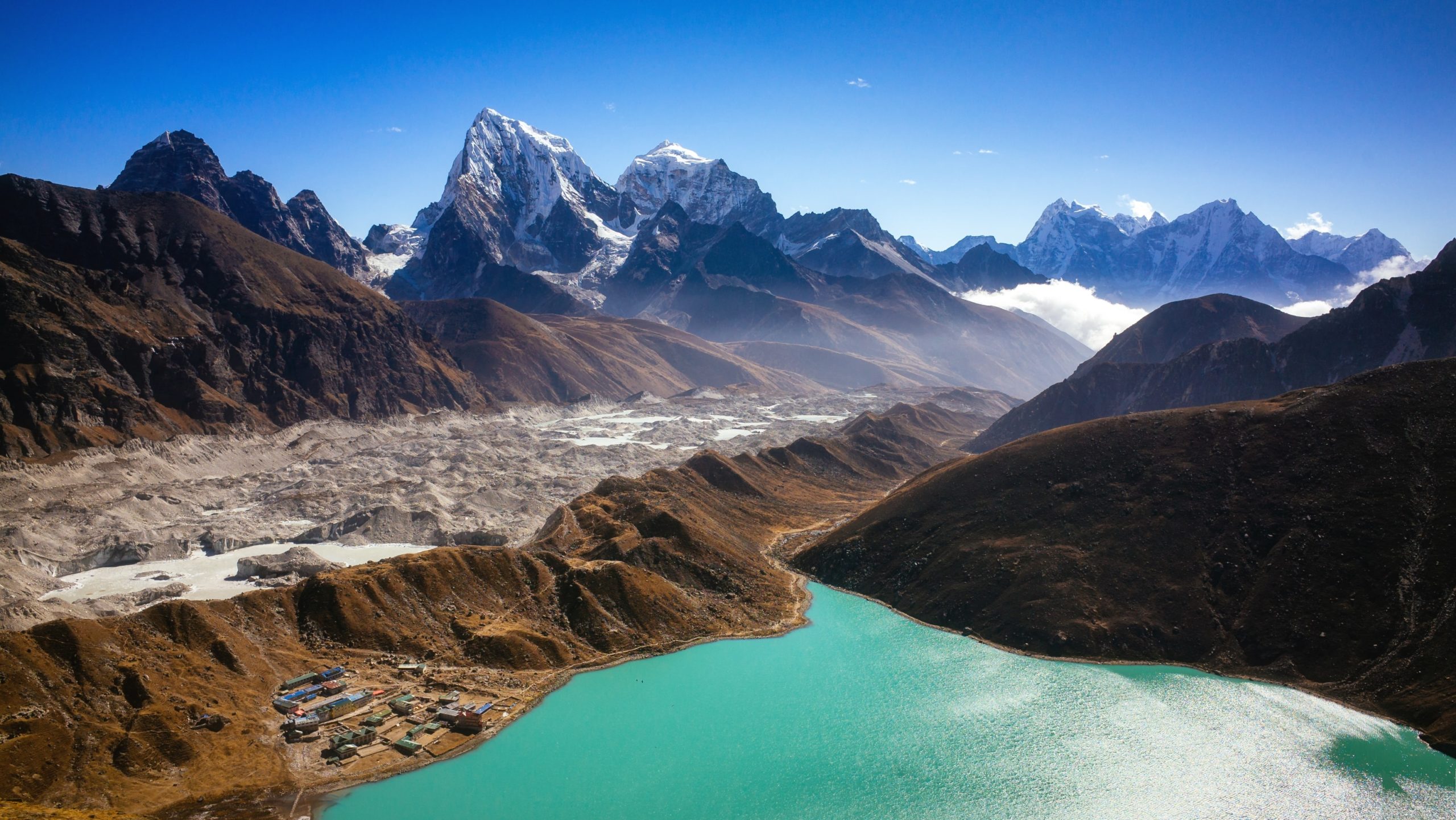Nepal, a land of towering mountains and vibrant culture, offers a unique and transformative trekking experience. To ensure a respectful and enjoyable journey, it’s essential to understand and adhere to local customs and etiquette. This comprehensive guide will provide you with valuable insights into cultural etiquette for trekkers in Nepal.
Respecting Local Customs and Traditions
- Greetings: Greet locals with a “Namaste,” a traditional Nepali greeting that involves bringing your hands together in front of your chest.
- Dress Code: Dress modestly, especially when visiting religious sites or villages. Avoid wearing revealing clothing.
- Photography: Ask permission before taking photos of locals, especially religious figures or sacred sites.
- Religious Sensitivity: Be mindful of religious practices and avoid disrupting religious ceremonies.
- Offerings: If visiting a monastery or temple, offer a small donation as a token of respect.
Understanding Nepali Culture
- Buddhism and Hinduism: Nepal is predominantly Buddhist and Hindu. Learn about these religions to better understand the cultural context.
- Caste System: Be aware of the caste system and treat everyone with respect, regardless of their caste.
- Hospitality: Nepalese people are known for their hospitality. Show your appreciation for their kindness and generosity.
Interacting with Locals
- Learn Basic Nepali Phrases: Learning a few basic Nepali phrases can enhance your interactions with locals and show your respect.
- Be Patient: Communication can sometimes be challenging due to language barriers. Be patient and try to understand.
- Respect Privacy: Avoid intruding on people’s privacy or taking photos without permission.
- Support Local Businesses: Patronize local businesses and purchase souvenirs from local artisans.
Environmental Etiquette
- Leave No Trace: Pack out your trash and minimize your impact on the environment.
- Proper Disposal: Dispose of waste responsibly, following local guidelines.
- Respect Wildlife: Do not disturb or harm wildlife. Admire them from a distance.
- Conserve Water: Use water sparingly, especially in remote areas where resources may be limited.
Trekking Etiquette
- Trail Etiquette: Follow proper trail etiquette, such as staying on designated trails and yielding to others.
- Respect Sacred Sites: Treat sacred sites with reverence and respect.
- Guide and Porter Etiquette: Treat your guide and porters with respect and gratitude for their services.
- Acclimatization: Take your time to acclimatize to the high altitude to avoid altitude sickness.
Conclusion
By understanding and respecting local customs and traditions, you can enhance your trekking experience in Nepal and contribute to the preservation of its rich cultural heritage. Remember, cultural etiquette is not just about following rules; it’s about showing respect, appreciation, and understanding for the people and places you encounter.




